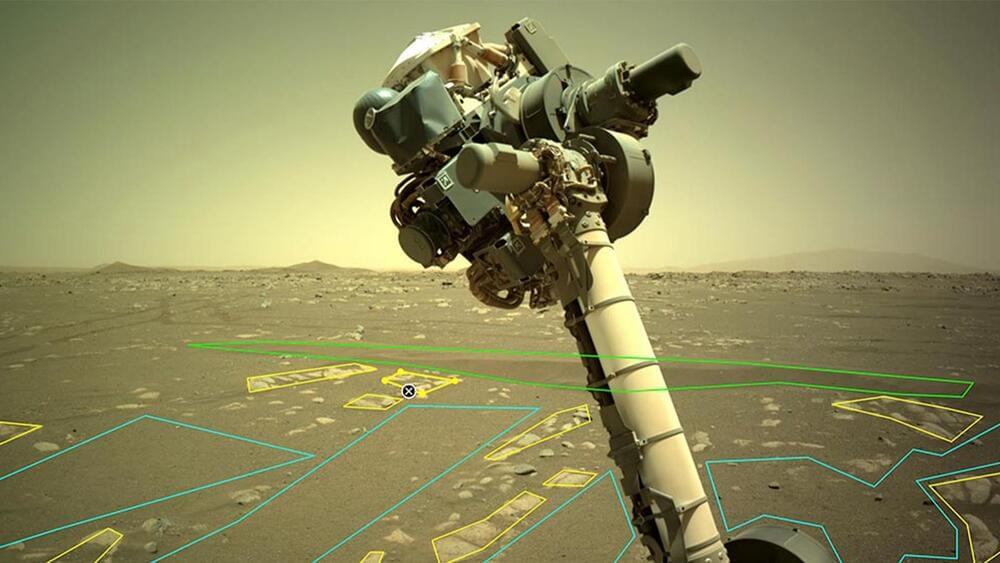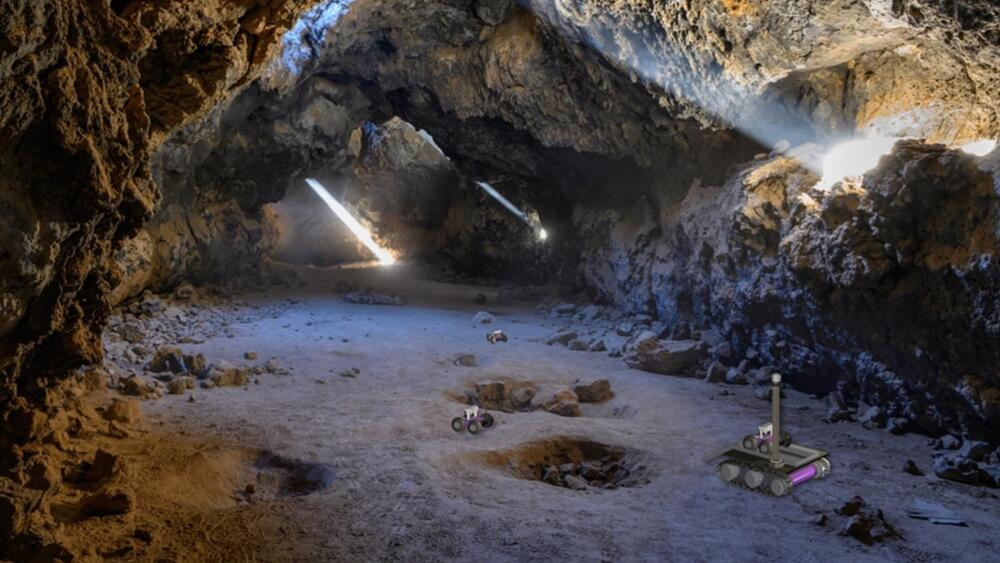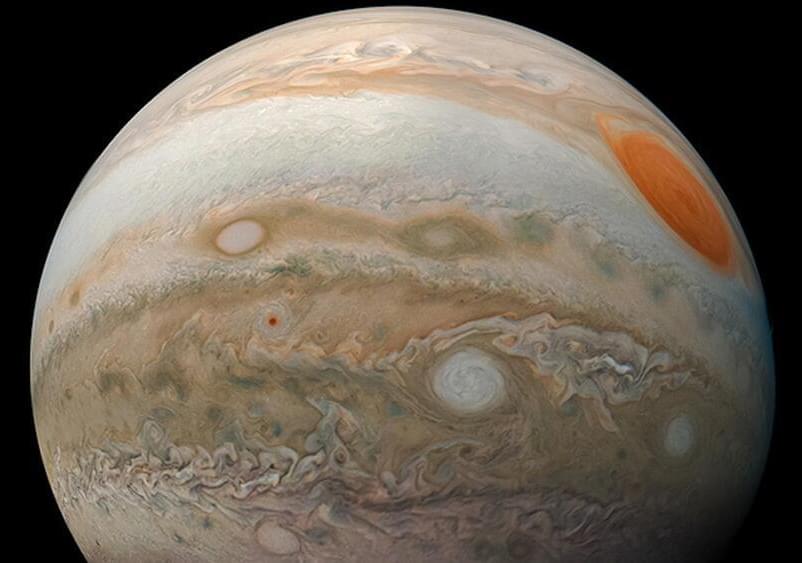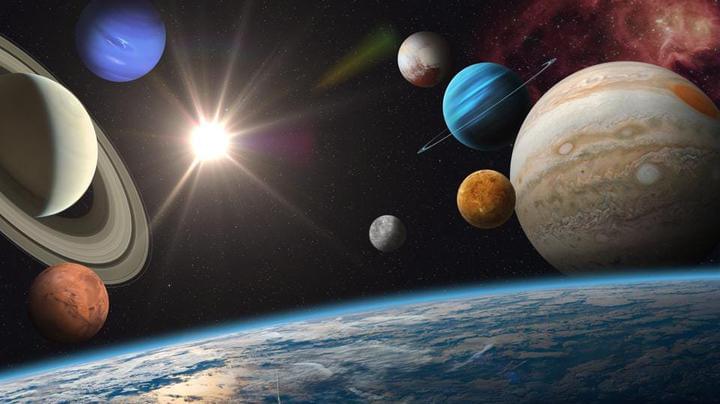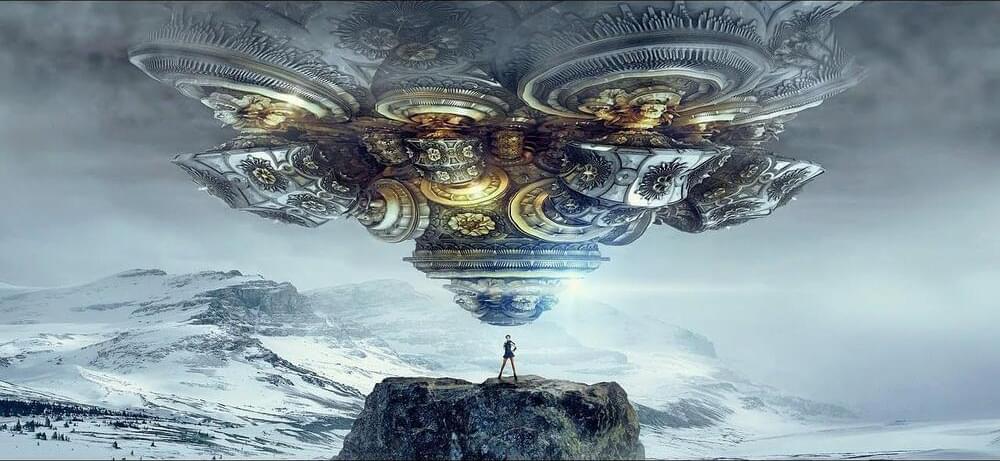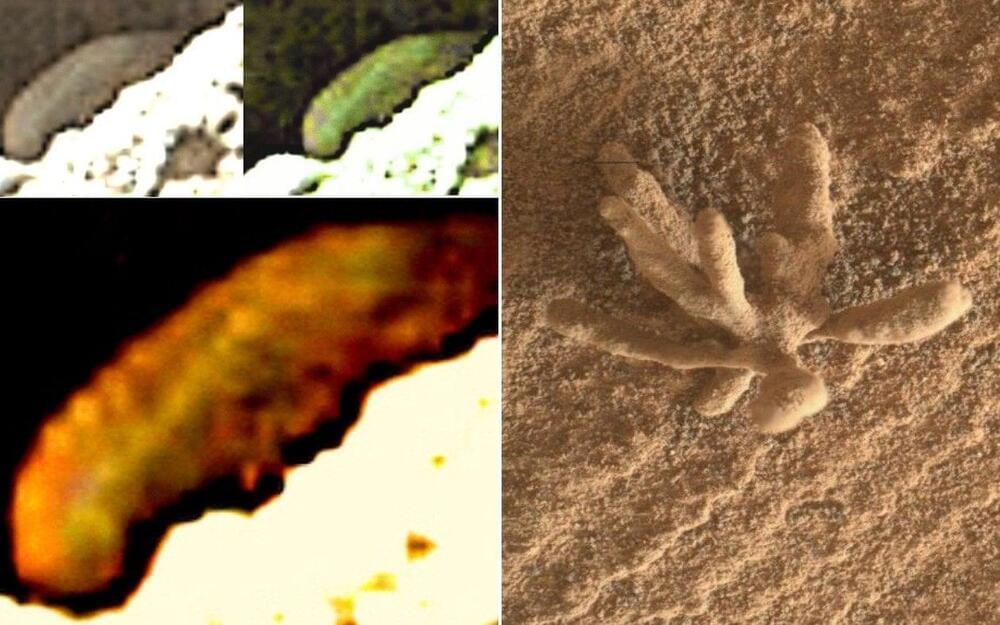Mar 8, 2023
Book review: Believing in Dawkins
Posted by Dan Breeden in categories: alien life, computing, employment
Among “the jobs once done by God [that] can be done by natural entities” there is life after death. Dawkins “frequently affirms that there is no life after death”, but Steinhart shows that this is inconsistent with Dawkins’ own convictions. Dawkins “should have argued that false religious theories of life after death can be replaced with more plausible scientific theories of life after death” [**].
Steinhart describes two plausible scientific theories of life after death: promotion to the higher level of reality of the simulators, and revisions of entire lives in new universes, each better than the previous life and universe. Worth noting, promotion could preserve memories and implement “the ancient idea of the resurrection of the body.” These theories of life after death are only sketched in this book, see Steinhart’s previous book “Your Digital Afterlives: Computational Theories of Life after Death” for more. See also my review of “Your Digital Afterlives” in “Tales of the Turing Church” (Chapter 12).
In summary, Steinhart builds a thorough and philosophically consistent spiritual naturalism, inspired by Dawkins, which offers the main mental benefits of religion. I like (actually I love) philosophy, but I try to keep mine as simple and working-class as possible, because many people don’t have the patience (or the time) for too much philosophical sophistication. I think the two approaches are complementary. So I use the term “religion” for the spiritual naturalism of Dawkins and Steinhart, and I use the simple term “God” now and then.



